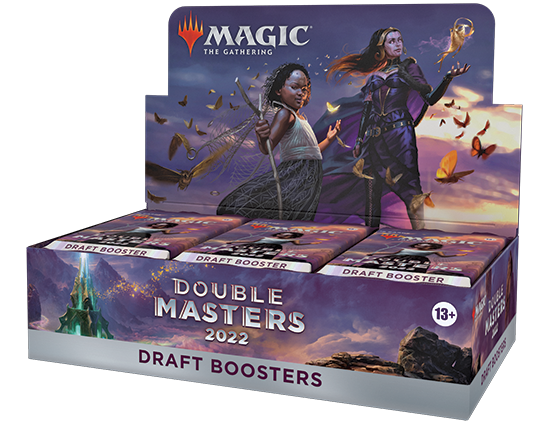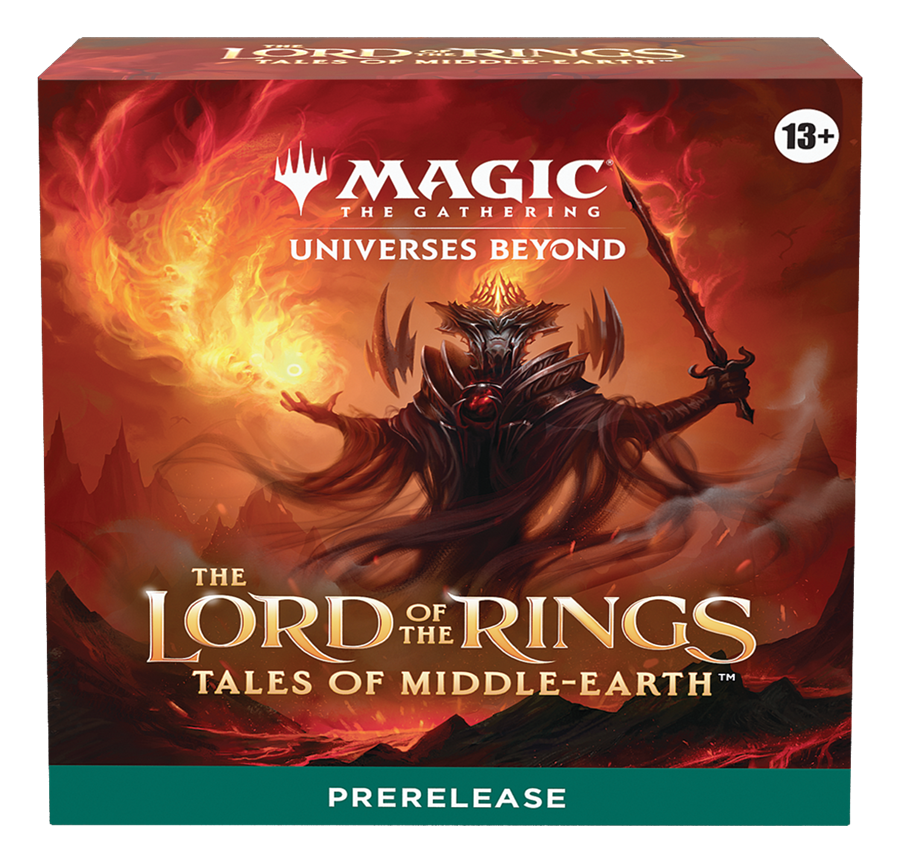Excellent Ideas For Choosing Trading Cards
Wiki Article
What Is Magic: The Gathering Trading Card?
Magic: The Gathering (MTG) is a collectible cards game invented by mathematician Richard Garfield and published by Wizards of the Coast. The game was first released in 1993. Since then, it has become an international sensation.
Gameplay The game involves players take on the role as powerful wizards called "planeswalkers" and play with decks that contain cards representing magic creatures, spells, artifacts and more, to take on their adversaries.
Cards- There are a variety of different kinds of cards. They include creatures, artifacts (enchantments), planeswalkers, spells and the land. Each has their unique capabilities and effects.
Deck Building- The players build their decks with at minimum 60 cards. They can come in various colors, and also include mana (the mysterious resource used in the game).
Game Objectives: Players attempt to reduce their opponent's life by 20 to zero through creating creatures, casting spells and utilizing their cards in a strategic manner.
Trading Cards
Collectorship - Some cards from MTG, due to their rarity, art, or abilities are very sought-after. Players and collectors alike will be attracted by these cards.
Sets and expansionsSets - The game releases sets and updates regularly and introduces new cards, mechanics or themes to the game.
Value and Market - Some cards, particularly difficult to find or rare cards, may have significant financial value in the secondary market where buyers can buy, sell and trade cards.
The various formats and styles of play
Standard- This version is one that uses the most up-to-date sets and also rotates its card pool.
Modern, Legacy and VintageCards from earlier sets to suit different preferences and strategies.
Limited Formats - Draft or Sealed formats, where players create decks using a pool of limited cards. This creates a sense of strategy and randomness.
Competitions and community
Local and Global Community- Players gather at game stores as well as at conventions, tournaments and stores to play, trade and have a good time.
Competitive Play: Organized play includes tournaments, championships, as well as professional events that offer large prize pools.
Cultural Impact
MTG's fans are extremely loyal and has had an impact on other media like novels, video games comics, comics, and even content on the internet.
Magic: The Gathering has many strategic elements that blend the art of combining chance, skill and deck building strategies. The game provides a variety of gameplay for players at all levels. Follow the top rated mtg card set prices for website examples including magic and gathering cards, magic card type, magic cards new set, magic search cards, best decks in magic, the gathering mtg, magic trading cards value, buy magic the gathering cards, top magic cards, magic tcg and more.

What Are The Magic The Gathering Artifact Cards Utilized For? Pros And Cons?
Magic: The Gathering artifact cards don't represent the land or creatures rather, they are mysterious objects, devices, or even structures. Some of them are equipped with special capabilities or special features. They are not without their pros and cons.
Versatility - Artifacts have many different effects. They can supply mana, increase creatures draw cards, manage the board or even act as win conditions. This versatility allows them to be used in a variety of decks and strategies.
Persistent Effects - Once artifacts are put in the field, they stay there until they're removed. This gives you an ongoing benefit and has effects that can affect the whole game.
The nature of the artifacts is colorless. They are able to be used without the need for specific colors of Mana. This allows them to be incorporated into decks of various colors without affecting the consistency of mana.
Synergies - Artifacts are able to effectively synergize with other types of cards, such as spells, creatures, and enchantments. These can result in powerful interactions that enhance a player’s strategy.
Cons-
Artifacts are targeted or eliminated by specific spells or effects. Artifacts are neutralized or destroyed by specific cards interactions.
Resource Cost - Some powerful artifacts come with high mana costs. This makes them hard to cast early in the game. This could hinder a player' strategy or make them vulnerable to the early turns.
Artifact removal - Certain enemies and strategies will focus on getting rid of the artifacts. In doing so they could make them less powerful or take away their benefits.
Dependence on Other Cards Certain artifacts will require other cards in order to be able to perform at their best. They may also see their performance diminished if they don't have the required support is not available.
As with other card types artifacts play a significant role to play in deck construction and strategy. The unique effects they provide can help to enhance various strategies, and the possibility to be integrated into a variety of deck archetypes makes them an important component of many Magic: The Gathering Decks. It is crucial to take into consideration the cards' vulnerability to being taken away and their dependence on other decks when designing a deck. Take a look at the most popular magic cards where to buy for blog recommendations including magic trading cards value, magic and gathering, sell cards, mtg card prices, mtg magic decks, best magic cards, magic the gathering buy, magic the gathering magic, best magic of the gathering cards, sold cards and more.

What Can Mtg Magic The Gathering Planeswalker Card Perform? What Are The Pros?
Planeswalker cards in Magic: The Gathering represent powerful allies that players can summon to help them in combat. Their unique abilities add a new layer of strategic depth to the game. Here are the pros and cons of each.
The ability to be versatile Planeswalkers possess multiple capabilities that can be activated each turn, allowing a variety of actions, from dealing damage, generating tokens or drawing cards, to playing the game, or even winning the game.
Loyalty Counters- Planeswalkers are able to make use of their abilities by using loyalty counters. These abilities can have a significant impact on the game in direct effect on the field or giving players the ability to establish board control or presence.
Decentralize Threats - Planeswalkers frequently distract attention from the player's entire life, or from the creatures they have control of. This forces opponents to make a decision on whether to attack or not.
Game Impact. A lot of planeswalkers are equipped with powerful abilities that, when activated, can swing the game to the summoning user's advantage, and possibly provide a route to victory.
Cons-
Risk of being attacked - Planeswalkers could be threatened by creatures, or even targeted by spells and abilities. When their loyalty counters are zero, they're removed from the battlefield, making them vulnerable.
Resource Costs: Some powerful Planeswalkers are expensive to cast, making them harder to cast at the beginning of the game. This could hinder the player's plan, or render him vulnerable initially.
Limited loyalty. Planeswalkers are given a limited amount of loyalty counters. They lose these counters when they use an ability or are attacked. It's likely that they won't be able to last if they're not adequately protected and backed.
Timing is essential. It is essential to activate abilities at the perfect moment and manage your loyalty counters effectively. The planeswalkers' impact can be slowed down by bad control or timing.
Planeswalkers have unique and powerful abilities that usually influence their gameplay. These characters are able to dominate the field and gain an edge. They are vulnerable to attacks and reliance on loyalty counters needs careful management and strategy to maximize their efficiency. Follow the most popular sell mtg collection for more advice including magic market, mtg value, sets in mtg, magic the gathering collection, make mtg cards, top magic cards, cards for sell, magic the gathering collection, magic tgc, sets in mtg and more.
